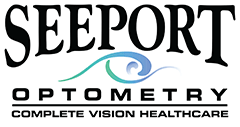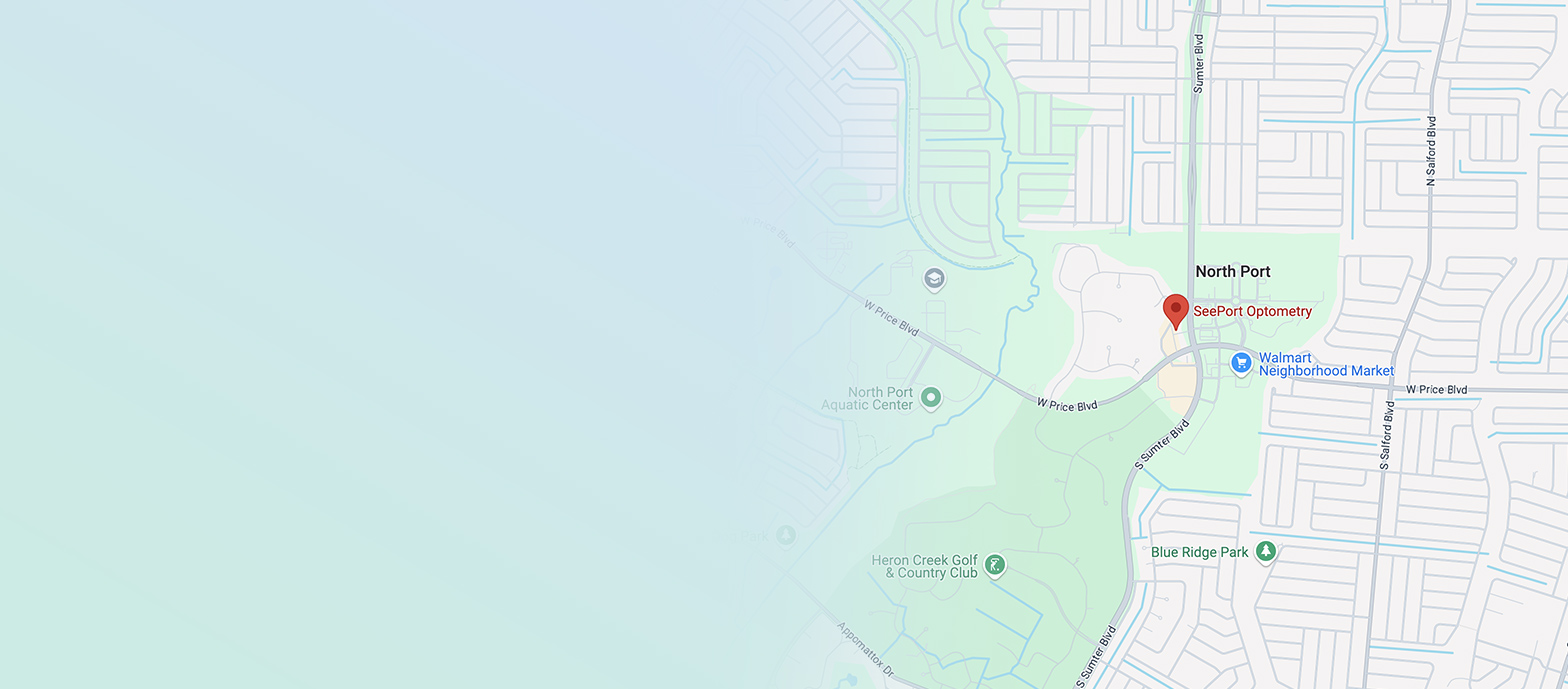
Understanding the Maintenance and Care for Specialty Contacts
Specialty contact lenses, such as scleral lenses, rigid gas permeable (RGP) lenses, and orthokeratology (Ortho-K) lenses, provide unique benefits for individuals with specific vision needs. They are often used to treat conditions like keratoconus, severe dry eye, or high levels of astigmatism. However, these advanced lenses require dedicated maintenance and care to ensure optimal comfort, vision quality, and eye health. At SeePort Optometry, we believe proper care not only extends the life of your specialty lenses but also safeguards the health of your eyes.
Why Proper Care is Essential for Specialty Contacts
Unlike soft lenses, specialty contacts are designed for individuals with unique eye conditions, making them a crucial part of their daily lives. Improper care can lead to lens deposits, bacteria buildup, and even eye infections. By following recommended cleaning routines, you’ll enjoy better comfort, clearer vision, and healthier eyes.
Steps to Maintain and Clean Specialty Contact Lenses
1. Wash and Dry Your Hands
Before handling your lenses, wash your hands thoroughly with soap and water, then dry them with a lint-free towel. This reduces the risk of transferring dirt or oils to your lenses, which can cause irritation or infection.
2. Use Recommended Cleaning Solutions
Each type of specialty lens requires specific cleaning solutions that match its material. Avoid using tap water, as it can introduce bacteria to the lenses. Your optometrist at SeePort Optometry will recommend a solution suited to your lens type, whether it’s a preservative-free saline solution for scleral lenses or a multipurpose solution for RGP lenses.
3. Daily Cleaning and Rinsing
After removing your lenses, clean them using a recommended solution to remove debris and protein buildup. Gently rub the lenses with your fingers or as directed, rinse thoroughly, and place them in a clean lens case with fresh solution. Avoid reusing old solution, as it can harbor bacteria.
4. Store in a Clean Case
A clean, dry contact lens case is essential for proper storage. Replace the case every 1–3 months to reduce the risk of contamination. Ensure the case is also cleaned daily with fresh solution and allowed to air dry when not in use.
5. Replace Your Lenses as Directed
Even with good care, specialty lenses need to be replaced according to the schedule your optometrist recommends. Overusing lenses can lead to discomfort and an increased risk of infection.
Signs You Might Need to Adjust Your Lens Care Routine
Even with proper care, you may experience signs indicating a need for an adjustment:
• Blurred vision or discomfort: These can signal that the lenses are not being cleaned thoroughly or need replacement.
• Redness or irritation: If your eyes are persistently red, it could be due to protein buildup, improper cleaning, or lens contamination.
• Increased dryness: If your lenses feel dry, talk to your optometrist. Switching to a different cleaning solution or adjusting your saline may help.
Schedule Regular Checkups at SeePort Optometry
Routine eye exams help us monitor the health of your eyes and ensure that your specialty contact lenses are performing as expected. During these checkups, we’ll examine your lenses for any wear and tear, evaluate their fit, and update your care routine if necessary.
For further guidance on specialty contact lens care, schedule a consultation with SeePort Optometry. Visit our office in North Port, Florida, or call (941) 876-4400 to book an appointment today.









